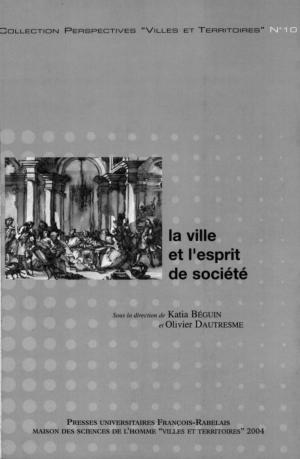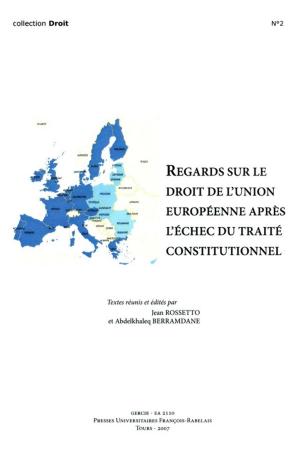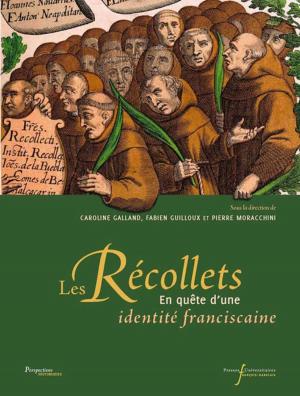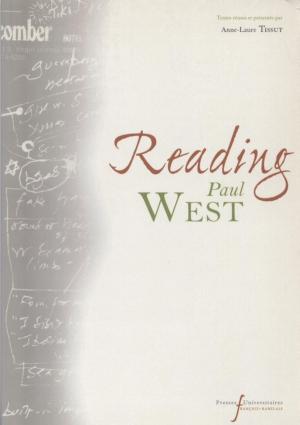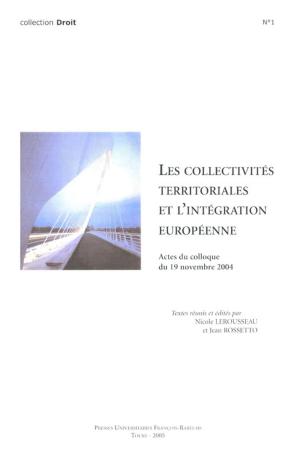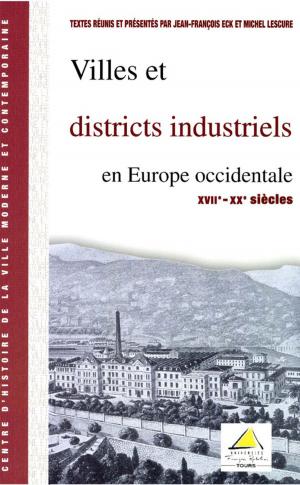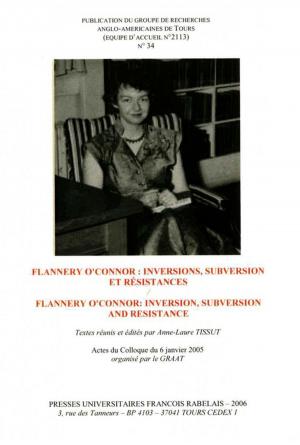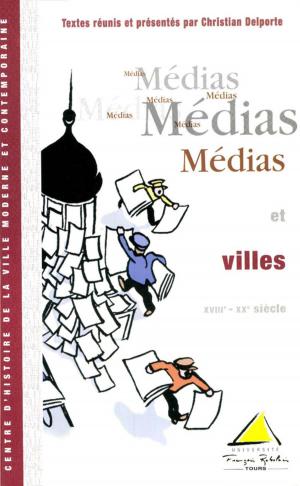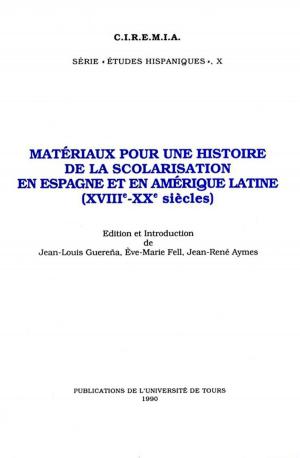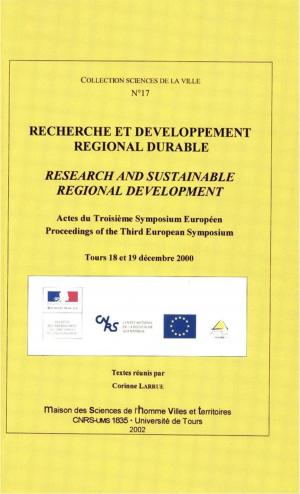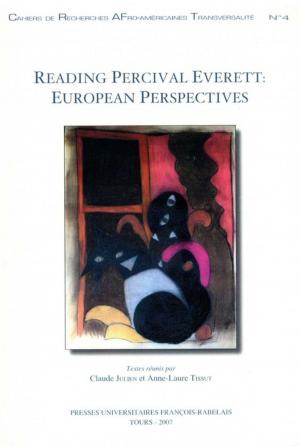Vivre la Ville en Écosse
Towns and Town Life in Scotland
Nonfiction, Social & Cultural Studies, Social Science, Sociology, Urban| Author: | Collectif | ISBN: | 9782869064713 |
| Publisher: | Presses universitaires François-Rabelais | Publication: | June 1, 2017 |
| Imprint: | Presses universitaires François-Rabelais | Language: | French |
| Author: | Collectif |
| ISBN: | 9782869064713 |
| Publisher: | Presses universitaires François-Rabelais |
| Publication: | June 1, 2017 |
| Imprint: | Presses universitaires François-Rabelais |
| Language: | French |
In the modem western world urbanisation has often been both the companion and corollary of industrialization and no more so than in Britain. Here the population changed dramatically during the long nineteenth century, transforming parts of England and Scotland into some of the most industrial and urban societies in the world. Scottish society was particularly affected by this process. The growth of towns or cities, and the radical overhaul of the balance of population between the rural and urban worlds that this implies, is one of the most sensitive indicators of the emergence of a modem industrial state. Nor surprisingly then, Scottish towns are seen as central to any understanding of modern Scotland. For some they have an identity all of their own which distinguishes them from towns in other parts of the United Kingdom. Indeed it is to these same towns that political scientists have turned to explain why the Scots have never lost their sense of national identity, despite Scotland’s “stateless nation” status since 1707. This GRAAT conference brought together contributions from a wide range approaches to the Scottish urban experience: from history to literature, architecture and the fine arts. They focus on three main perspectives. Firstly we have images of the city and an exploration of how these became part of the Scottish mind-set. A second perspective concentrated on the Scottish city during the nineteenth century. Finally, there is the twentieth and twenty-first century “revival” with its distinctive avenues of development. All in all, a recognition of the fascination which the distinctiveness of urban life has exerted over the Scottish people as much as a tribute to the renewed dynamism of Scottish studies in France.
In the modem western world urbanisation has often been both the companion and corollary of industrialization and no more so than in Britain. Here the population changed dramatically during the long nineteenth century, transforming parts of England and Scotland into some of the most industrial and urban societies in the world. Scottish society was particularly affected by this process. The growth of towns or cities, and the radical overhaul of the balance of population between the rural and urban worlds that this implies, is one of the most sensitive indicators of the emergence of a modem industrial state. Nor surprisingly then, Scottish towns are seen as central to any understanding of modern Scotland. For some they have an identity all of their own which distinguishes them from towns in other parts of the United Kingdom. Indeed it is to these same towns that political scientists have turned to explain why the Scots have never lost their sense of national identity, despite Scotland’s “stateless nation” status since 1707. This GRAAT conference brought together contributions from a wide range approaches to the Scottish urban experience: from history to literature, architecture and the fine arts. They focus on three main perspectives. Firstly we have images of the city and an exploration of how these became part of the Scottish mind-set. A second perspective concentrated on the Scottish city during the nineteenth century. Finally, there is the twentieth and twenty-first century “revival” with its distinctive avenues of development. All in all, a recognition of the fascination which the distinctiveness of urban life has exerted over the Scottish people as much as a tribute to the renewed dynamism of Scottish studies in France.



